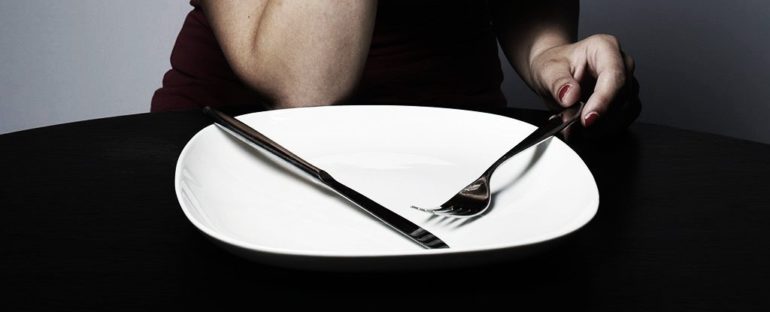New research shows that very-low-calorie diets can significantly alter the gut microbiome, leading to increased levels of the pathogenic bacterium Clostridioides difficile, known to be a cause of severe diarrhea and inflammation in the gut.
While the subjects in the study didn’t show any signs of these health problems, the presence of more C. difficile raises some important questions about how our intestinal microbiomes are linked to weight loss.
For the purposes of the study, 80 overweight and obese women were selected and monitored for 16 weeks, half of whom went on a very-low-calorie diet – an extreme diet, often managed medically, that limits people to just 800 calories per day in liquid form. The other half maintained their existing body weight.
Our gut microbiomes tend to be unique and can hold trillions of different microorganisms. The group on the diet did lose weight, but there were also significant shifts in the make-up of bacteria in their gut. To begin with, there was less diversity and a decrease in gut bugs in general.
“Our results underscore that the role of calories in weight management is much more complex than simply how much energy a person is taking in,” says microbiologist Peter Turnbaugh, from the University of California San Francisco.
“We found that this very-low-calorie diet profoundly altered the gut microbiome, including an overall decrease in gut bacteria.”
For the next stage of the research, the scientists transplanted fecal samples from the five individuals who had lost the most weight into mice engineered to have no microbiome and compared them to mice that received transplants of pre-diet samples.
While the diets of the mice didn’t change, those given post-diet samples lost 10 percent of their total body mass on average, while others stayed relatively the same.
Sequencing carried out on the mouse microbiomes revealed the abundance of C. difficile. While the bacterium does occur naturally in our guts, it is usually kept in check by the fat metabolism process that happens when we eat.
Very-low-calorie dieting seems to remove those checks on the bacteria, based on these results. It also caused C. difficile to change its metabolism and take up more sugars, leaving less for their hosts, the researchers observed.
Levels of C. difficile can also rise as a result of antibiotic treatments, leading to digestive system issues – such as untreatable diarrhea – that can sometimes be fatal.
“We were able to show that C. difficile produced the toxins typically associated with this bacterium and that this was what the animals’ weight loss was contingent upon,” says endocrinologist Joachim Spranger, from Charité – Universitätsmedizin Berlin.
“Despite that, neither the participants nor the animals showed relevant signs of gut inflammation.”
While the ill effects that would normally be expected from C. difficile didn’t show up in the humans or mice, that may have changed if the diet had continued, the researchers say – and they’re keen to emphasize that this potentially dangerous bacterium shouldn’t be viewed as a shortcut for serious weight loss.
There’s “a lot of biology left to unpack here” according to Turnbaugh – not least the role that C. difficile is playing here outside of its usual inflammatory triggers, and how the “hungry microbiome” that seems to develop after extremely low-calorie diets changes the way our gut processes food and energy.
Future studies involving larger samples of people should help to answer some of these remaining questions, but the current research is another reminder of just how important the gut microbiome is – and further down the line, how we might be able to safely tweak it to help individuals with obesity.
“Multiple lines of research show that the gut microbiome can either hinder or enhance weight loss,” says Turnbaugh.
“We want to better understand how common weight loss diets might impact the microbiome and what the downstream consequences are for health and disease.”
The research has been published in Nature.



